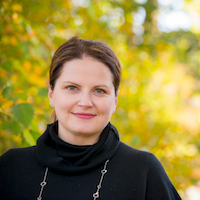It wasn’t that long ago that I took to this blog to nominate the Wall Street Journal’s Nicholas Wade for having “the worst idea ever” about evolution education, namely to somehow appease creationists with the ol’ “don’t worry, evolution is just a theory” trick. To be honest, I was still scratching my head over that one, when I was forced to redirect my incredulity to another humdinger in the pages of the WSJ.
This article, which doesn’t even boast an idea so I can’t grant it the new “worst idea ever,” (instead I’ll just call it the “worst argument ever”), comes from Daniel Henninger, the Deputy Editorial Page Director for the WSJ and—make of this what you will—Fox News contributor. The piece, which ran online on February 11, has the title: “Vaccines and Politicized Science.” Indeed, there have been a lot of attempts to politicize vaccine science in the last few weeks, as a rampaging measles outbreak coincides with the beginning of the 2016 presidential race. If I’m honest, I can’t bring myself read most of the candidate’s equivocating, as the only acceptable response from any politician is, as far as I’m concerned, “Vaccinate your kids. Next question?” So the title didn’t bode well, but it was the subtitle that had me reaching for the tums: “Jenny McCarthy knows the credibility of science is a house of cards.”
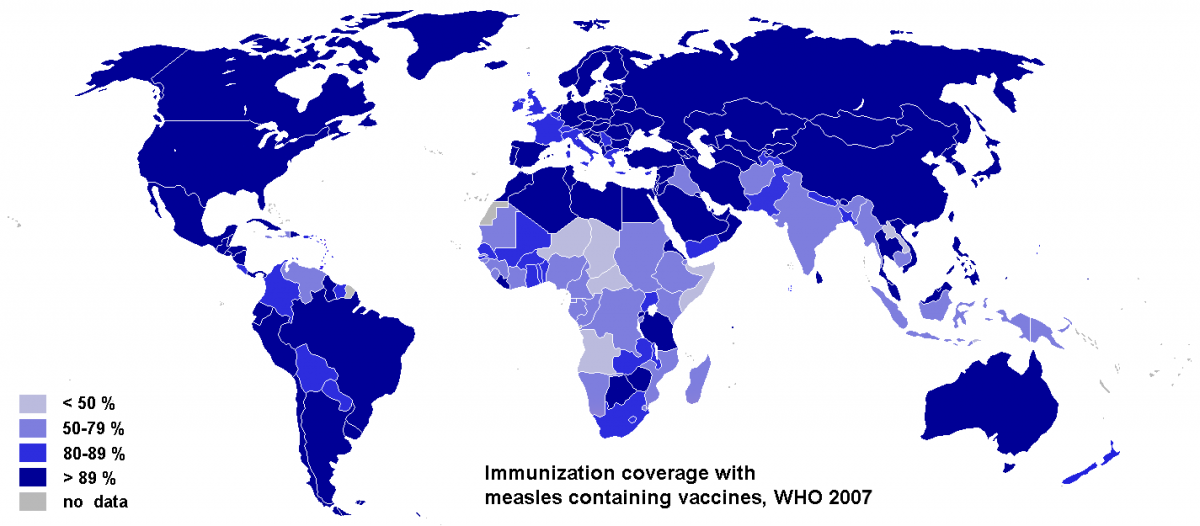
Look. I could spend blog posts upon blog posts ranting about Jenny McCarthy and the damage she has done, and maybe someday I’ll start a new blog category “Stephanie Rants Endlessly” to do just that, but the reason this subtitle was so damning is because it seems to be suggesting that Jenny McCarthy’s opinion—not only about vaccinations but on the whole field of science—is somehow worth talking about in a major national newspaper.
Note for the Wall Street Journal, the space in your publication could have been better taken up with just about anything. Seriously, a cartoon of a hamster wearing a Hawaiian shirt and whittling toothpicks would have been more informative and useful to your readership.
And we’re just at the title! Man, I need to pace myself. If you choose to read this completely disconnected garbled mess of an article, here’s what you’ll likely come away with: "You scientists have only yourselves to blame for anti-vaxxers because you let Al Gore, who is boring and snobby and thinks he is smarter than me, politicize climate change which is clearly a crock. I mean really, who would you rather have a beer with? Al Gore or Jenny McCarthy?” (My answer: Al Gore, I know he’s been vaccinated for measles.)
I so wish I was kidding.
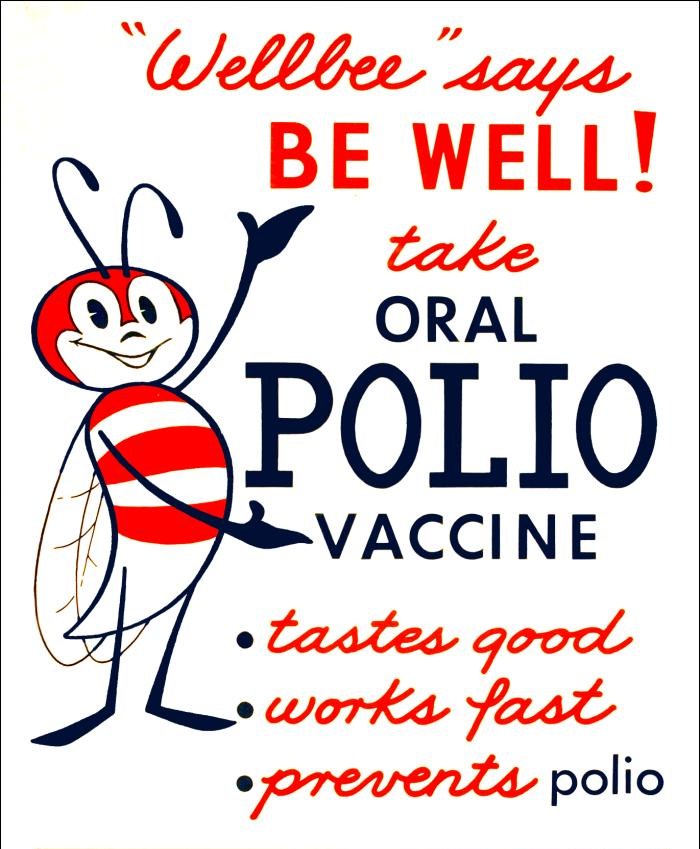 Here’s how the article starts, “An important question that emerges from the rise of the vaccine doubter movement is by what process of persuasion did so many people come to believe what they do about vaccination? They believe the risks of vaccination are much greater than the risk of the diseases it is supposed to prevent.” That’s a fine beginning—but the article quickly becomes dead to me because the very next line is not “And that belief is 100% totally wrong. Go vaccinate your kids.” Instead, Henninger goes on to talk about how people today take our lack of diseases for granted, which is again, a fair—even important—point, but should only be made after the “go vaccinate your kids” point.
Here’s how the article starts, “An important question that emerges from the rise of the vaccine doubter movement is by what process of persuasion did so many people come to believe what they do about vaccination? They believe the risks of vaccination are much greater than the risk of the diseases it is supposed to prevent.” That’s a fine beginning—but the article quickly becomes dead to me because the very next line is not “And that belief is 100% totally wrong. Go vaccinate your kids.” Instead, Henninger goes on to talk about how people today take our lack of diseases for granted, which is again, a fair—even important—point, but should only be made after the “go vaccinate your kids” point.
After we are told about how people in the 1950s didn’t hesitate to get vaccinated for polio, McCarthy makes her first appearance: “[H]ow has it come to pass that so many decently educated parents (assuming high-school biology still mentions the immune system [Note, it often doesn’t, don’t get me started…a blog topic for another day!]) believe that the medical community urging them to vaccinate their children against measles, mumps, rubella or whooping cough is lying to them, but that a third-tier 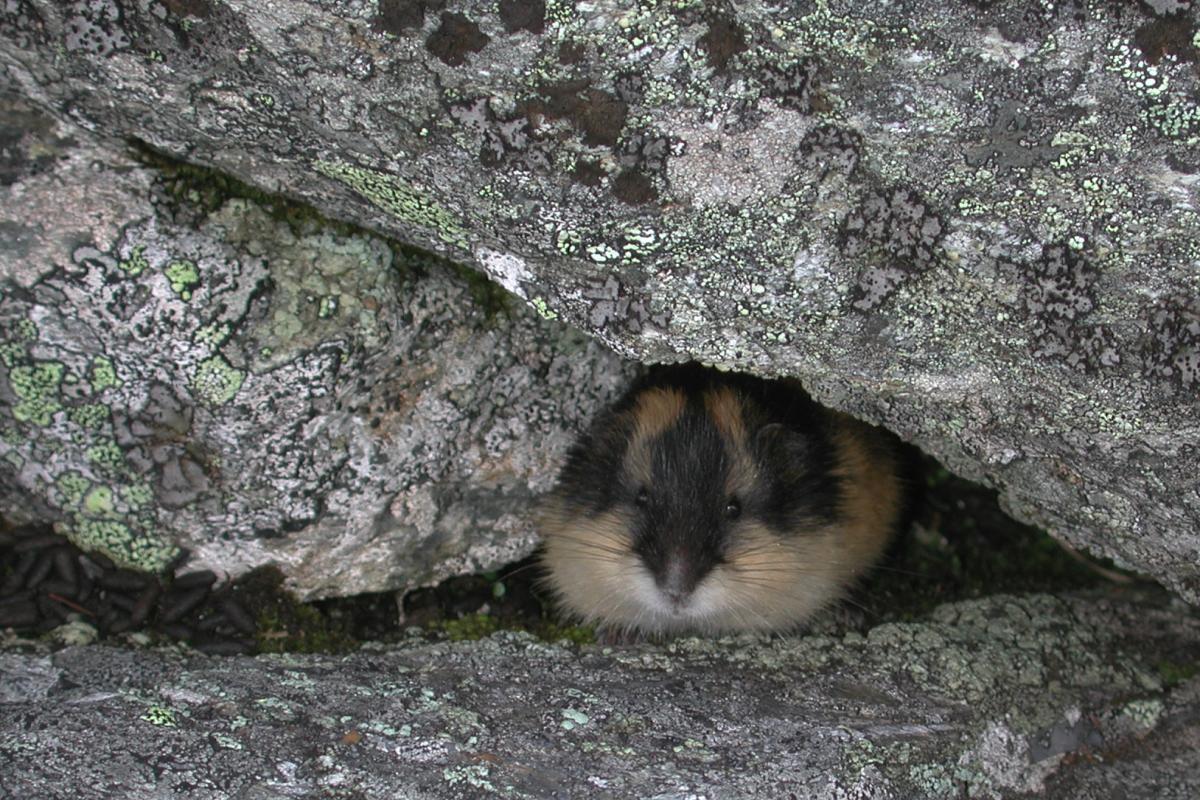 celebrity named Jenny McCarthy is giving them the facts when she says on an afternoon TV show that vaccinations can cause autism in their children?” He then links this issue to the “eroding credibility and authority of science” saying that “If too many people think even scientists are lying to them, humanity is headed toward the lemmings’ famous cliff.” (Poor maligned lemmings—they don’t jump off cliffs. I think they, like the peppered moths, need a PR campaign.)
celebrity named Jenny McCarthy is giving them the facts when she says on an afternoon TV show that vaccinations can cause autism in their children?” He then links this issue to the “eroding credibility and authority of science” saying that “If too many people think even scientists are lying to them, humanity is headed toward the lemmings’ famous cliff.” (Poor maligned lemmings—they don’t jump off cliffs. I think they, like the peppered moths, need a PR campaign.)
Ok… so… what’s your point, Henninger? That we need to devote more time in the classroom to teaching how science works so that we build a more scientifically literate public? Give more money to public health outreach? Do a better job pointing out bad science in the media? Unfortunately, no, his point is that Jenny McCarthy has a voice because scientists gave her one. Henninger is clearly not himself an anti-vaxxer, going so far as to call the backsliding on vaccination “catastrophic.” But he clearly is anti-climate change, and his quick pivot to this topic signals the article’s transition to reprehensible. Here are the very next lines after the (spurious) lemmings comment:
Partisanship alert: If you believe with all your being in the indisputable truth of climate-change science, turn to the sports page now, because I’d hate to see anyone ripping up The Wall Street Journal in rage or smashing an LCD screen.
For the purposes of the argument here, what anyone thinks about climate change isn’t the issue. There was a point in this combustible debate, though, when I began to think that science and the people who do the work of science beyond climate were allowing the credibility of their profession to be put at risk with the broader population.
Soooo… first of all, terrible transition. I have whiplash! Why are we suddenly talking about climate change? And if you’re talking the science of climate change, that’s only a debate because people like you made it one, and only combustible because people like you keep pouring on gasoline, lighting a match, and then shouting “Help! Fire! Someone is trying to burn my house down!”
He goes on, “That turning point was when the cause changed its name from global warming to climate change. When the warming-only argument became scientifically difficult and the subject became the irrefutable “climate change,” it was clear that politics, not science, was running the show.”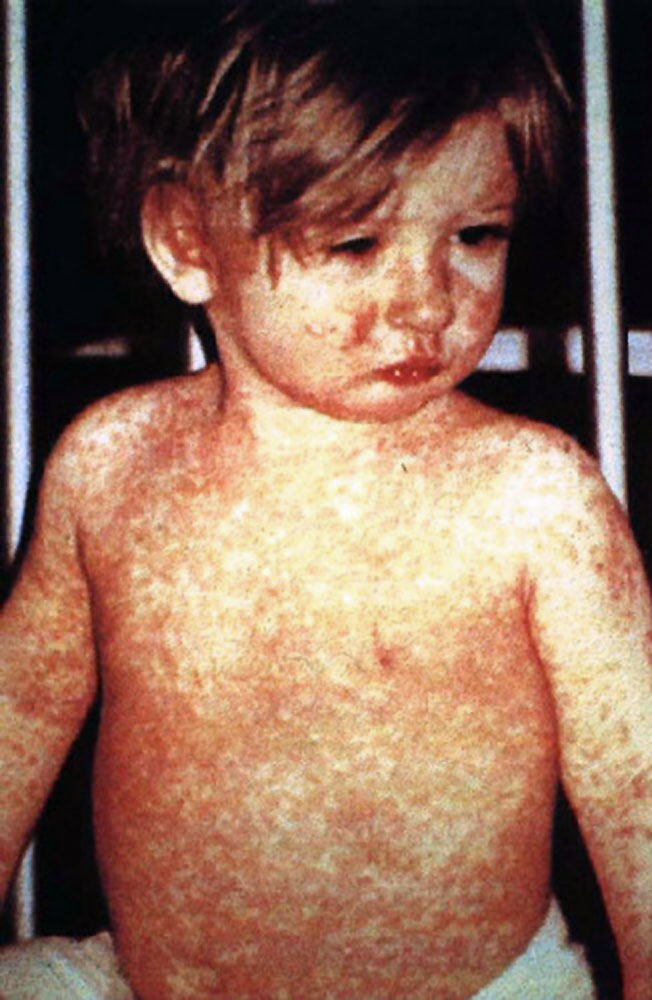
No, the preferred name changed because it is, in fact, all aspects of the climate that are changing, not just the temperature. Moreover, “global warming” made it too easy for people like you, Mr. Henninger, to question the science every time the thermometer dipped. (Ha! WARMING you say? It was 76° an hour ago, and then the sun went down and now it’s 74°! How do you explain THAT, scientists?!?)
The next paragraph is so incredibly asinine that I can’t reprint it, because if I did, I’d totally break the decency standards of this blog. The gist: climate change can’t be right because it’s backed by Al Gore, John Kerry, and Europe’s Green Party. Seriously. I am not making this up.
Henninger goes on to say that “Many scientists believe their authority is already on thin ice” (unsaid: Because of people like me and my anti-climate-change cronies. Mwa ha ha! *wrings hands*). Then, he says, “An issue raging now through biomedical research…is whether the system that ensures the reproducibility of research experiments is failing. That’s right, the foundation of science itself.” Few blogs for you to read, Mr. Henninger: this one on reproducibility, this one on what can be learned when an experiment gives unexpectedly varying results, and this one on how experiments are not the backbone of all science.
Henninger ends this way, “The rise of the vaccine doubters proves that, in the Internet age, all authority can be turned overnight into a house of cards. Scientists ought to get back to the business of taming fire, not playing with it.” And here’s the core fallacy of this article: Scientific consensus is not vulnerable to anyone’s turn at the microphone. Jenny McCarthy saying something about science doesn't make the science wrong. Al Gore saying something about science doesn't make the science wrong. Scientists showing concern that some results cannot be reproduced does not make all science wrong. The science is the science. And the science is all about the evidence. What makes Jenny McCarthy wrong about vaccine safety is the evidence. What makes Al Gore right about climate change is the evidence. Evidence, evidence, evidence.
I’m going to agree with the author on one thing here: all scientists do need to stand up for the vaccine safety scientists (and the climate scientists, and the evolutionary biologists) because when someone starts accusing science of having allowed itself to be politicized and biased, we all lose…and maybe get measles.
Have an idea for a future Misconception Monday or other post? See some good or bad examples of science communication lately? Drop me an email or shoot me a tweet <at>keeps3.

